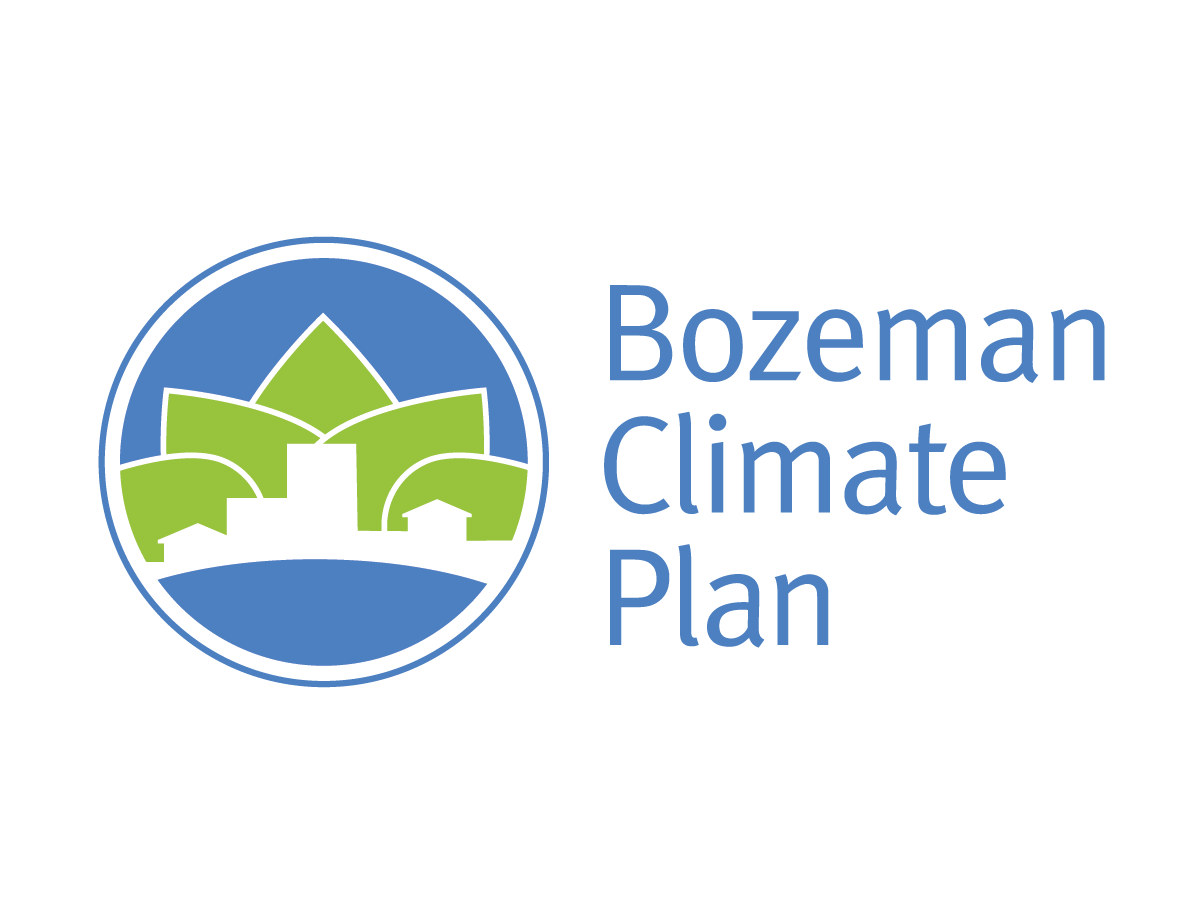

Vibrant & Resilient Neighborhoods
<< Return to Focus Areas < Return to Solutions
Support Community and Neighborhood Resilience Programming (3.I.1.)
Status Indicators: ![]() Complete |
Complete | ![]() In Progress|
In Progress| ![]() Not Yet Started
Not Yet Started
The City of Bozeman will work to align neighborhood resilience programming with existing local efforts and develop new initiatives that empower community members to enhance connections, skills, and community resources.
About the Data
The City hosts and supports a variety of community events throughout the year, including events hosted by MSU. These events help build connections between residents, the City, MSU students, and local organizations. Fostering these relationships and educating on emergency response skills and resources enables the community to be prepared, adaptable, and responsive in the face of adversity and challenges. This chart shows the number of neighborhood program activities the City hosted and the number of MSU hosted events that the City participated in annually.
- The Sustainability Division developed an outreach campaign on strategies homeowners can take throughout the year to prepare their homes for wildfire smoke and heat events. The outreach focused on installing air source heat pumps, air purifiers, tightening the building envelope, and creating “clean” rooms. This included a public outreach event in partnership with Montana Health Professionals for a Healthy Climate on the health impacts of wildfire smoke and home improvements for improving energy efficiency and indoor air quality.
- Community and Neighborhood Resilience Programming will be included in the 2024-2025 InterNeighborhood Council Work Plan.
- As a part of its Belonging in Bozeman Equity & Inclusion Plan, the City elevated the need to develop emergency preparedness programs that:
- Ensure multilingual communication and outreach during extreme weather events (cold, heat, flooding, smoke/fire).
- Develop policies for employers to mitigate the impacts of extreme heat and wildfire smoke/poor air quality for people who work or live outside.
- Establish guidance for safe, accessible, ADA-compliant, and inclusive use of alternative facilities.
- Identify ways to provide food access during supply chain disruptions and community disasters.